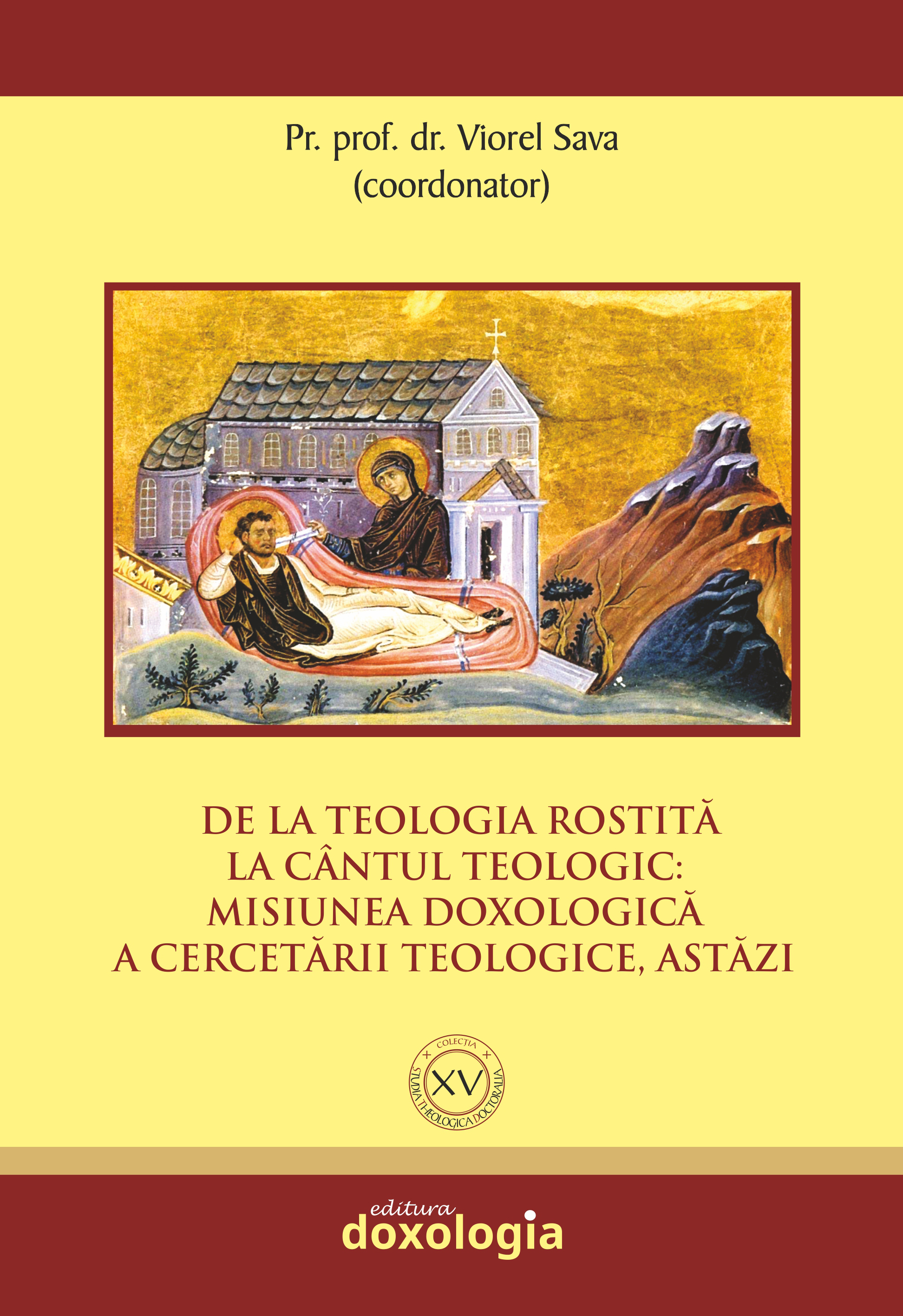Aspecte teologico-morale ale conceptului de „utopie”
Theological and moral aspects of the concept of "utopia"
Author(s): Daniel Ilie Rareș
Subject(s): Christian Theology and Religion, Theology and Religion
Published by: Editura Doxologia
Keywords: utopia; dystopia; eschatology; world; city;
Summary/Abstract: From a theological and moral point of view, the present research topic aims to undertake an objective analysis on a problem that has been intriguing the human consciousness since ancient times. The utopian systems that the individual tried to project from the imaginary to the physical, show us his ontological need to achieve happiness. However, not infrequently, the misunderstood quest for this happiness has led to dystopias. The utopian systems propose an eschatological hic et nunc, but far from its Christian meaning, ignoring the pneumaticization of bodies and the renewal of the current world, which according to the Priest Dumitru Stăniloae will take place outside of time. Also, the eternal happiness does not spring from material things or from comfort, “For the kingdom of God is not a matter of eating and drinking, but of righteousness, peace, and joy in the Holy Spirit” (Romans 14, 17). Saint Simeon the New Theologian also supports this statement, saying that the world transfigured by the coming of Christ will be “immaterial, spiritual and supersensitive”, not “material and sensitive”, being above human feeling. Utopias cannot subsist because the current world has a transformative power, and only when it reaches God at the end of time, it will have a dynamic stability in Him, eternally gathered around Him, as the theologian Stăniloae was quoting Saint Maximus the Confessor.
- Page Range: 206-218
- Page Count: 13
- Publication Year: 2023
- Language: Romanian
- Content File-PDF

